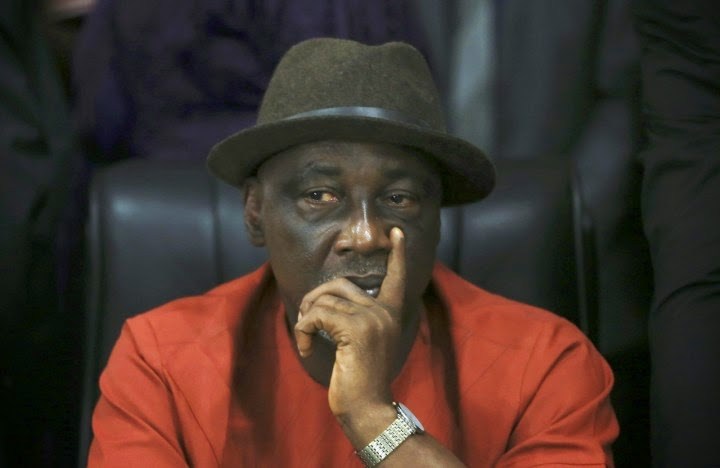2027: South Should Complete Eight Years as President – PDP’s Abba Moro
Prominent Peoples Democratic Party (PDP) chieftain, Senator Abba Moro, has called for the southern region of Nigeria to produce the next president in 2027, in order to complete the informal North-South power rotation that has defined the country’s political landscape.
Moro, who serves as Senate Minority Leader, cautioned political parties against fielding northern candidates, warning that such a move could lead to defeat in the next general election.
Speaking on the PDP’s loss in the 2023 presidential race, the Benue South lawmaker pointed to the party’s decision to field a northern candidate—former Vice President Atiku Abubakar—as a critical misstep. Atiku had been presented as a successor to then-President Muhammadu Buhari, also a northerner, which many Nigerians opposed at the polls.
“In 2023, the PDP, in its bid to unseat the APC government, chose Atiku Abubakar as its flagbearer, going against the unwritten North-South power rotation agreement,” Moro said. “It backfired. The majority of Nigerians voted for a southern candidate to uphold the spirit of that informal arrangement. By 2027, that presidency will have served four years.”
While Moro did not indicate a preferred candidate for the next election, he emphasized the importance of adhering to the constitutional provision allowing a president to serve two four-year terms, noting that any attempt to reverse the regional flow of power could create political instability.
“It would be unwise, especially in light of what happened in 2023, to consider returning power to the North so soon,” he added. “The reasonable course of action is for the South to complete its eight-year term. Then, by 2031, Nigerians can reasonably expect a return of the presidency to the North.”
Moro also took a swipe at Atiku and his 2023 running mate, Ifeanyi Okowa, describing their departure from the PDP as “good riddance to bad rubbish.” He accused both men of contributing to the internal crisis that plagued the party after the last election, but expressed confidence that the PDP would bounce back as a formidable opposition force.
President Bola Tinubu, who defeated Atiku and Labour Party’s Peter Obi in the 2023 election, is seeking re-election in 2027. His candidacy represents the southern region’s turn in the presidency following Buhari’s eight-year tenure (2015–2023), which was rooted in the North-West.
In the lead-up to the 2027 elections, opposition forces have intensified efforts to build a united front. On Wednesday, July 2, 2025, major political figures—including Atiku, Obi, former Senate President David Mark, former ministers Rauf Aregbesola and Rotimi Amaechi, and ex-Kaduna governor Nasir El-Rufai—formally adopted the African Democratic Party (ADC) as the platform for a broad opposition coalition aimed at unseating Tinubu.
The coalition is relying on the significant support Atiku and Obi garnered in 2023. Together, they secured over 12 million votes—more than four million above the total received by Tinubu, who was nonetheless declared the winner by the Independent National Electoral Commission (INEC).
Tinubu’s administration has come under heavy criticism over the state of the economy, marked by record inflation and a skyrocketing cost of living.




